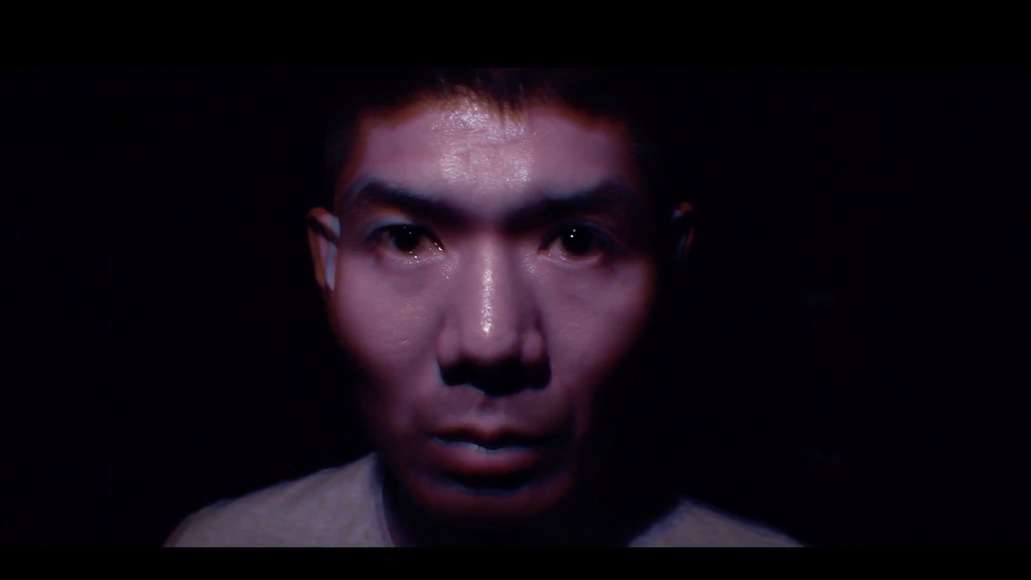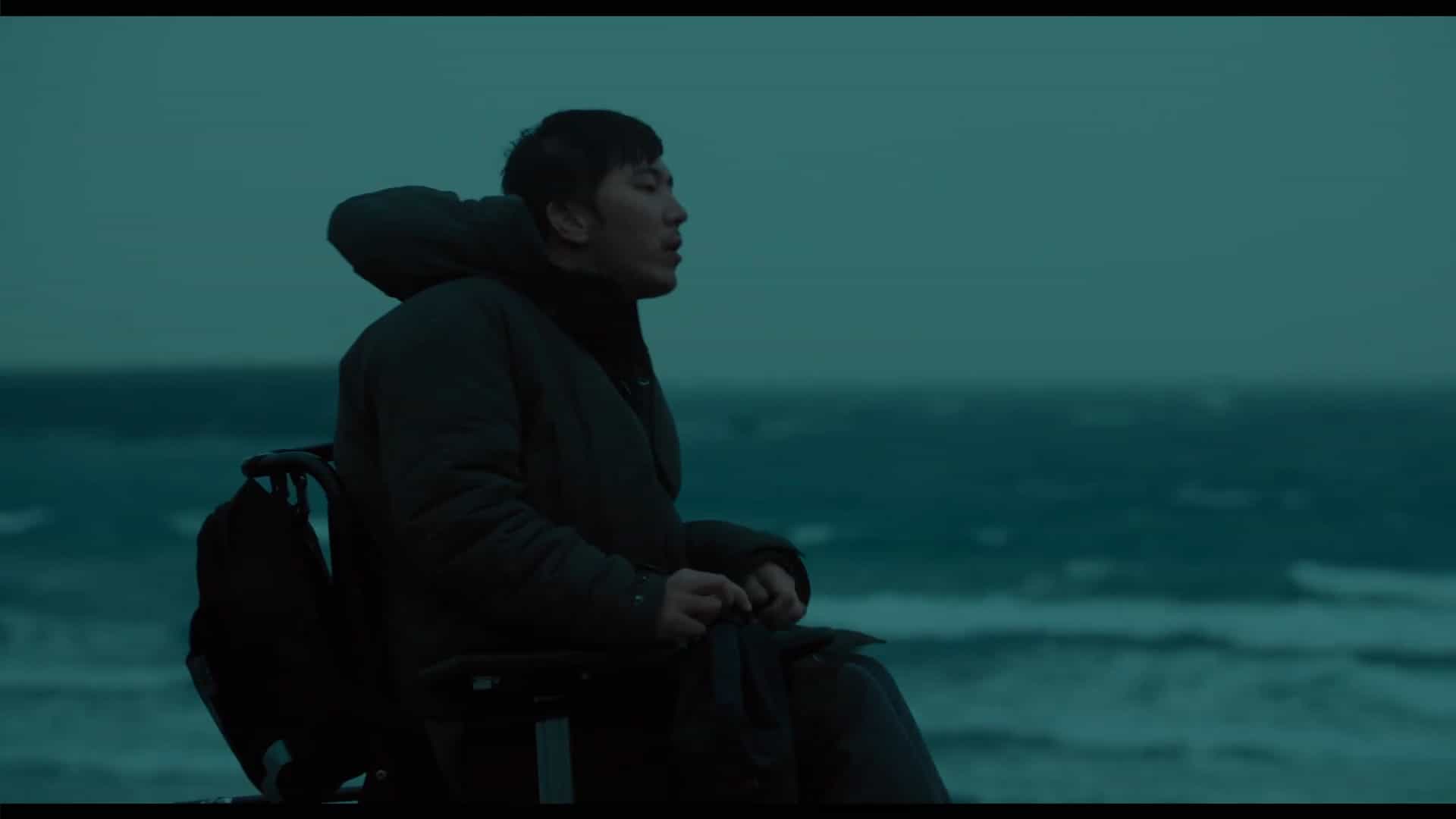ETA is a first-gen Vietnamese-American genderfluid filmmaker raised in Tustin, CA by Vietnam War refugees. Shanhuan Manton is a genderqueer Chinese-American filmmaker. Considering their ancestry, coming up with a movie about how people of Asian descent faced the difficulties of coming, being born, and growing up in the US, was to be expected. What was not expected, however, was the experimental form they chose to present their comments, as “Confluence” is a mix of footage from various music performances, with the sound though, coming not from the music, but from the narration of the individuals who appear on screen.
“Confluence” is screening at Busan International Short Film Festival

In that fashion, the 15 short is characterized by a duality, with the visual parts made from footage from the performances presented in slow motion under a dreamy soundtrack combining with the narration by a number of people who state the issues they face growing up in the US. This combination works quite good actually in terms of entertainment, with the music video aesthetics being pleasant to both eye and ear, while the narration takes care of the context of the short.
Regarding context, the racism due to their appearance many of the narrators experienced, the “in-between” feelings they have (“Sometimes I drive myself crazy thinking about my identity” one of the narrators mentions), the cliches of the “model minority”, “forever foreigners” and other reductive myths are all commented upon. At the same time, though, the documentary also shows how these people managed to overcome their issues, or at least found a path that will allow them to overcome them, with music in particular playing a rather significant part in that regard. Phrases such as “How to come to terms and be proud” and “Pushing the walls of the box I grew up with” highlight this aspects quite eloquently.
Narration and music video aesthetics. One after the other. Country. The role of music. I wasn't gonna get the same treatment, due to appearance. Slow motion. How to come to terms and be proud. Pushing the walls of the box I grew up in. At the same time, the fact that their Asian ancestry differs, as Japanese, Chinese, Indian, and Vietnamese talk about the issues they face shows that this message actually extends to all the Asian diaspora in the US, essentially making the messages presented here, global.
The music-video approach is unusual for a documentary with the particular main subject, but in the end, the audiovisuals here make the message easier to be heard and understood, while retaining the entertainment for the whole of the short's duration, and that is where the value of both the approach and of the whole film lies.















